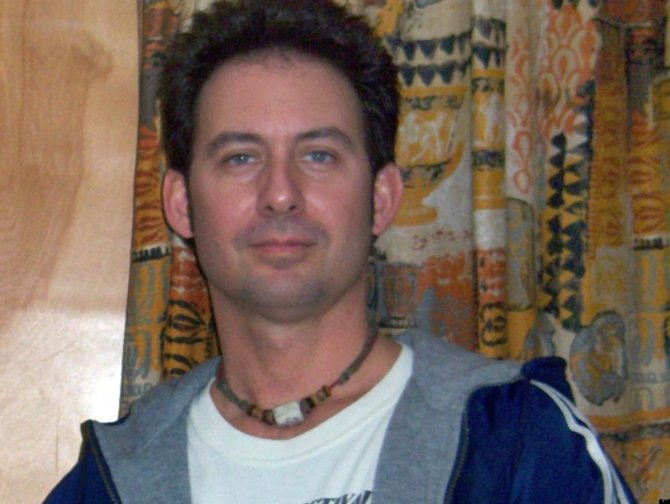A team of Mississippi filmmakers are deep into a documentary about Paul Kevin Curtis, the Corinth man mistakenly accused of sending Ricin-laced letters last year.
On April 15, 2013, an act of terror shocked our nation. Two explosions near the finish line of the annual Boston Marathon killed three and injured hundreds. The event triggered contagious talk of terrorism. Less than 24 hours later, a letter addressed to U.S. Sen. Roger Wicker tested positive for the toxic substance Ricin. The media were ablaze with speculation that the two terrorist events were connected. Furthermore, as the investigation was underway, another Ricin-laced letter was discovered April 17—this one addressed to President Obama. Both letters were mailed from Memphis, Tenn.
In the early evening hours of April 17, a small army of federal, state and local law enforcement officials surrounded the Corinth, Miss., home of Paul Kevin Curtis, and arrested him on suspicion of terrorist activity. Officials transported him to the federal building in Oxford, and after several hours of intense interrogation, authorities knew they had the wrong man. They declined to release any details to the media and even refused to release Curtis. Oxford-based attorneys Christi McCoy Smith and Hal Neilson came to the rescue.
As the bizarre story heated up, a group of north Mississippi filmmakers, led by Melanie Addington, quickly decided to start documenting. Curtis and his attorneys were on board, and granted the group full access. Curtis was detained in the Lafayette County Detention Center for six days until his release April 23.
A local musician and Elvis impersonator, Curtis is a passionately vocal individual. He had an ongoing social-media feud with James Everett Dutschke, owner of a Taekwondo business in Tupelo. Curtis' attorneys shared this information, and after searching Dutschke's home for evidence of Ricin, federal authorities arrested him April 27. By this time, a third Ricin letter had surfaced, addressed to Lee County Justice Court Judge Sadie Holland—mother to famed state Rep. Steve Holland. Dutschke was immediately charged for all three, and recently pleaded guilty.
So we have the true story of a celebrity impersonator framed by a karate instructor for trying to poison the president. As if this wasn't interesting enough, it gets better.
Director Melanie Addington, of Oxford, covered the unfolding story from nearly day one, and has continued to interview and document Curtis' life.
Problems for Curtis run deeper than most realize. He has an inconsistent diagnosis of bi-polar disorder, which the national media used against him. Still in disbelief over last year's events and why they happened, he struggles with his mind daily. An entertainer, father of four and religious Christian, an embattled Curtis is a skeptic of the world around him. Addington is attempting to tell his complicated story.
The team has finished filming the documentary, which they titled "I Didn't Do It." Now it's time for what they call post-production, which includes, among other things, editing, musical scoring and securing rights to costly network video clips.
The filmmakers received a grant from the Mississippi Film & Video Alliance and have qualified for the Mississippi Film Tax Incentives, as well as set up a crowd-funding web page. Find the project on Facebook or Indiegogo.



Comments
Use the comment form below to begin a discussion about this content.
comments powered by Disqus